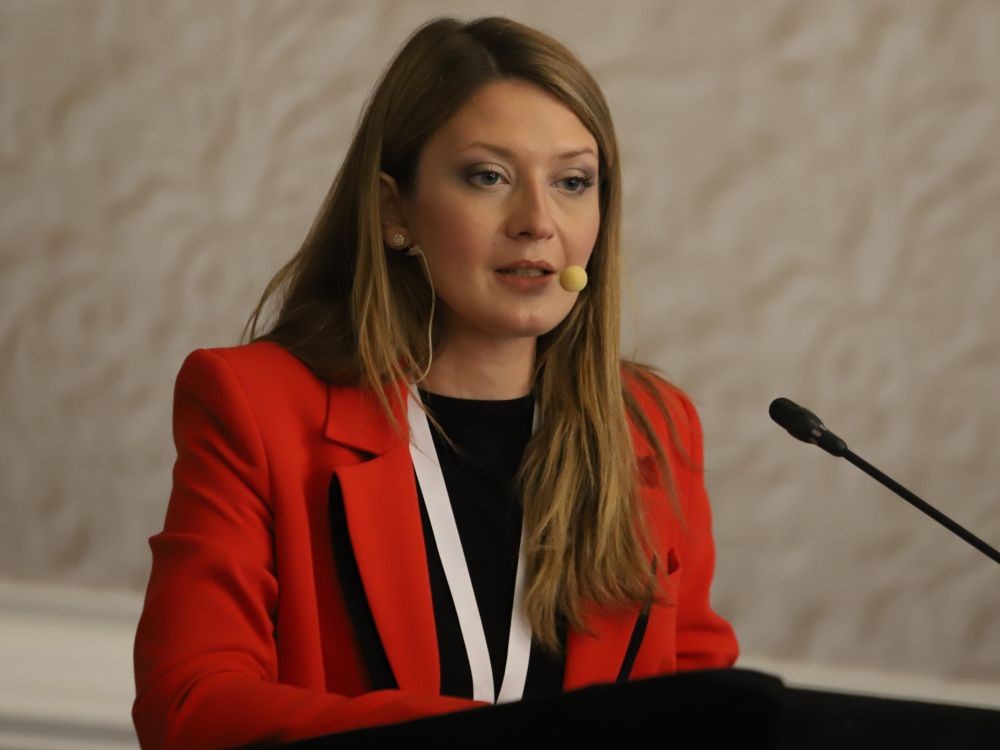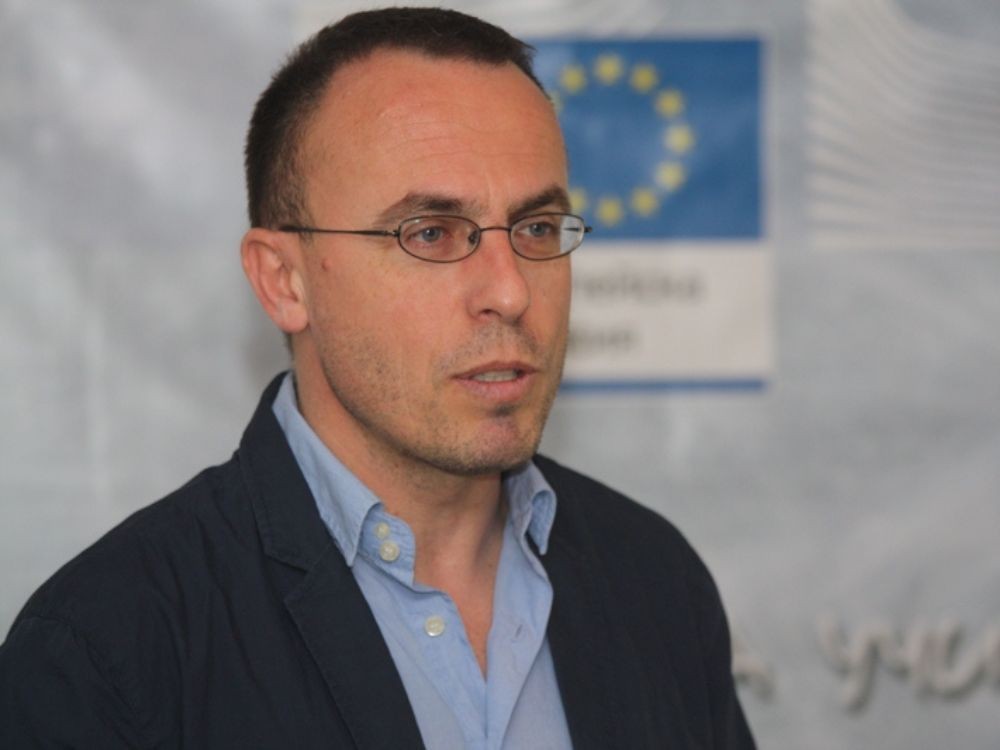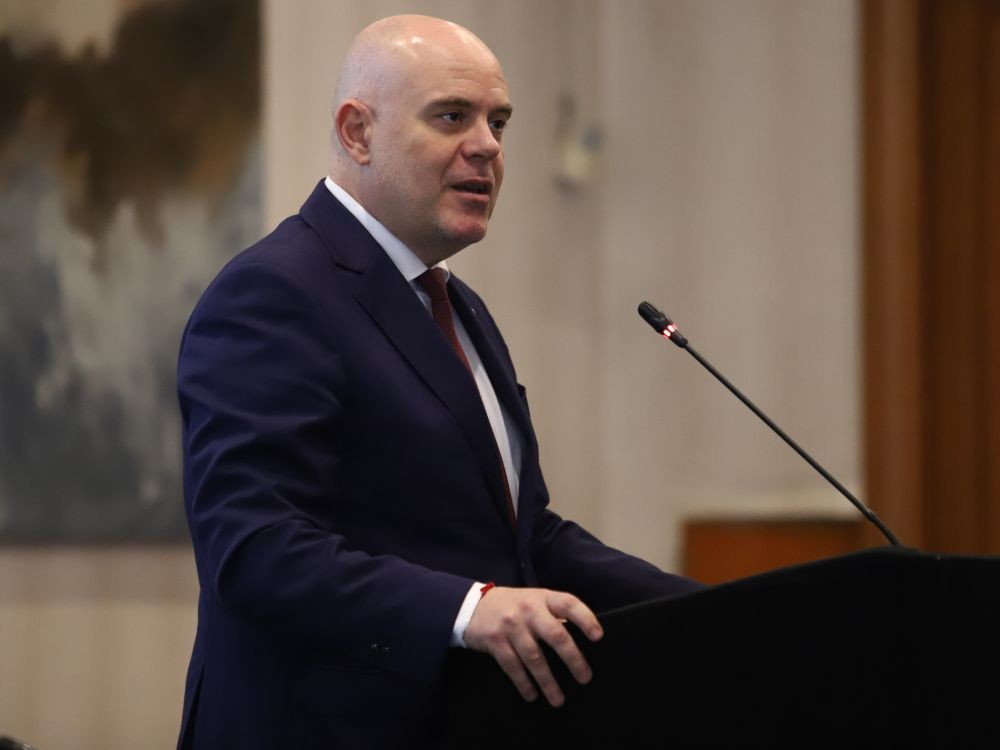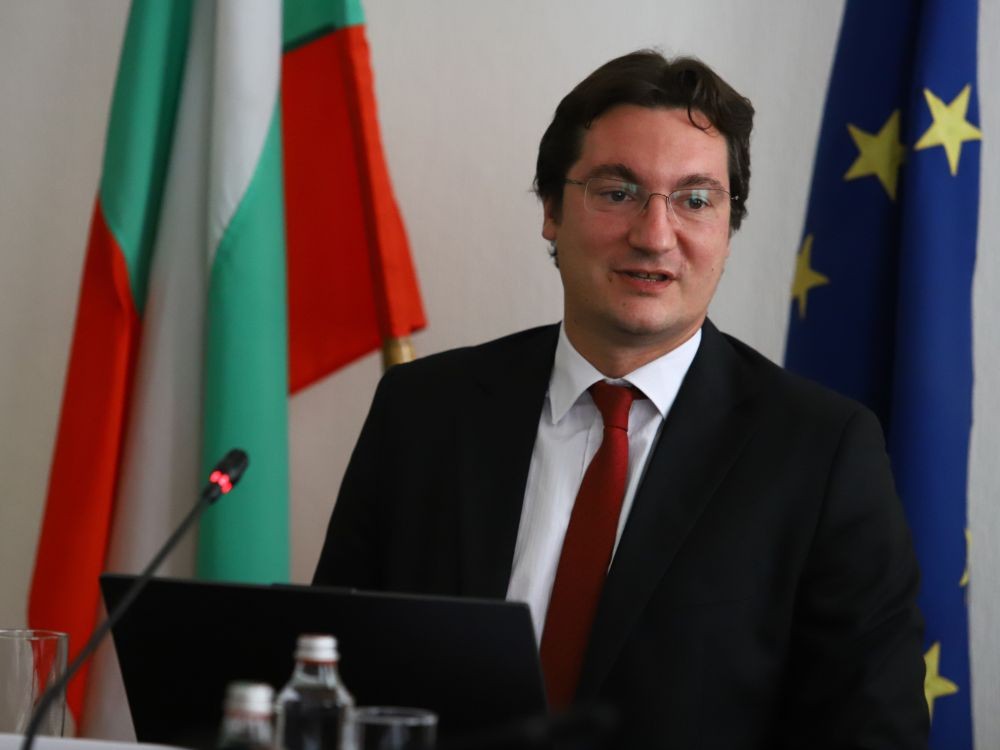Austria and the Netherlands were the two European countries that stopped Bulgaria on its way to Schengen in the vote on December 8. The main argument pointed out was weakness in the rule of law, as well as the influx of illegal migrants along the Balkan route, which includes Turkey, Bulgaria and Romania. That is how despite having fulfilled the technical criteria for accession, as confirmed by most member states, as well as by the European Parliament and the European Commission, this country will continue its efforts on the path to full membership in the Schengen area as an external border of the European Union.
A positive decision for Bulgaria's entry into Schengen is particularly important for 46.2% of Bulgarians, a sociological survey by "Gallup International Balkan", conducted in the period November 11- December 2, 2022, shows.
At the present moment, the public opinion in Bulgaria shows disappointment caused by the decision of the Netherlands and Austria to reject Bulgaria’s membership bid. There were even citizens' calls for boycotting Austrian and Dutch businesses in the country. The two countries are actually among the leaders in terms of foreign investments in Bulgaria. Such steps are not expected at state level, it became clear in an interview of caretaker minister Galab Donev with bTV: "We must act according to the common interest of Bulgaria. We will work until the end and I am sure that Bulgaria will become a member of Schengen", the Prime Minister said.
We should not tie Schengen to another strategic goal for this country, which is joining the Eurozone, Bulgarian MEP from BSP Tsvetelina Penkova says:

"It was very clearly said last week that the obstacles that were placed before Bulgaria and Romania regarding Schengen are entirely driven by a lack of principles and a kind of discriminatory attitude towards certain group of European citizens. The Netherlands and Austria were never able to give specific reasons for their opinions. This should not affect the additional efforts Bulgaria must pay,” she commented in an interview for BNR.
The fact that Bulgaria once again remained outside the Schengen zone is not unexpected for political scientist Ivan Nachev:
"I am not surprised, because for a long time there were political signs that Bulgaria would once again remain outside Schengen. This is not a problem of the Council and we should not transfer the responsibility to it, because this is a problem of the candidate country, in this case – Bulgaria. There are two reasons: one is related to the fact that this country continues to be among the least developed countries in the EU. There are problems not only with the economic structure, but also with the judicial system, there are also problems with security. This became clear during the so-called migrant wave.” he says.

Ivan Nachev sees two possibilities to change the status quo:
"The first step is easy and simple - the judicial system must start working efficiently. There should be people convicted of corruption and put in prison. If we look at Croatia, we will immediately see that such cases reached the highest level in the executive branch there. The second thing is that all parties represented in the parliament, as well as the others, must state very clearly that they will make no compromises in the fight against corruption."
In an interview with BNR, Chief Prosecutor Ivan Geshev commented on the topic, pointing out a feature in Bulgarian mentality:

"The Schengen criteria have been met. In Bulgaria, however, we overexpose the problems for the purpose of internal political use, for the purpose of personal benefits for politicians. Our problem is that we do not protect the Bulgarian national interest, even though for the first time in a while, we see politicians who are actually protecting it."
According to Minister of Justice Krum Zarkov, the refusal of the Netherlands has nothing to do with the rule of law in Bulgaria.
According to him, the attempt of the Netherlands to raise the question of the separation of Bulgaria and Romania on their path to Schengen was an important part of this campaign.
"However, in the current month of December, this is neither legally, nor politically or technically possible. One just needs to take a look at the Bulgarian-Romanian border. Legally it is not possible, because the whole union and the Council had prepared a common decision for Bulgaria and Romania, which was discussed with the European Parliament and separation would take time. Politically it was not possible because no one except the Netherlands, advocated this position. Whether this line of division will continue, remains yet to be seen."

Zarkov also pointed out that the caretaker government brought the topic of Schengen back to the country's agenda and made it a priority:
"We have reason to think that next year the final step towards Schengen would be completed. In the period August to December, Bulgarian diplomacy, the Ministry of the Interior and the Ministry of Justice were 120% committed and managed to achieve a breakthrough that led to the result of 24 votes for and 2 votes against in the European Council, as well as to huge support from the European Parliament and the European Commission.”
Compiled by: Yoan Kolev
English: Al. Markov
Photos: schengenvisainfo.com, BGNES
Fire kills dozens in Turkish mountain resort Kartalkaya 78 people died in a hotel fire in the Turkish ski resort of Kartalkaya in north-western Turkey. Celebrities and entire families were among the dead, and dozens..
North Macedonia’s Prime Minister Hristijan Mickoski stated that the Macedonian issue is not closed, because the European Court of Human Rights has ruled that the rights of people with a Macedonian identity in Bulgaria are not being respected...
Bulgaria has emerged from a long political slumber – 81 days after the sixth early parliamentary elections, the National Assembly elected the country's 105th government. A total of 125 MPs supported the coalition cabinet, formed through an agreement..

+359 2 9336 661
